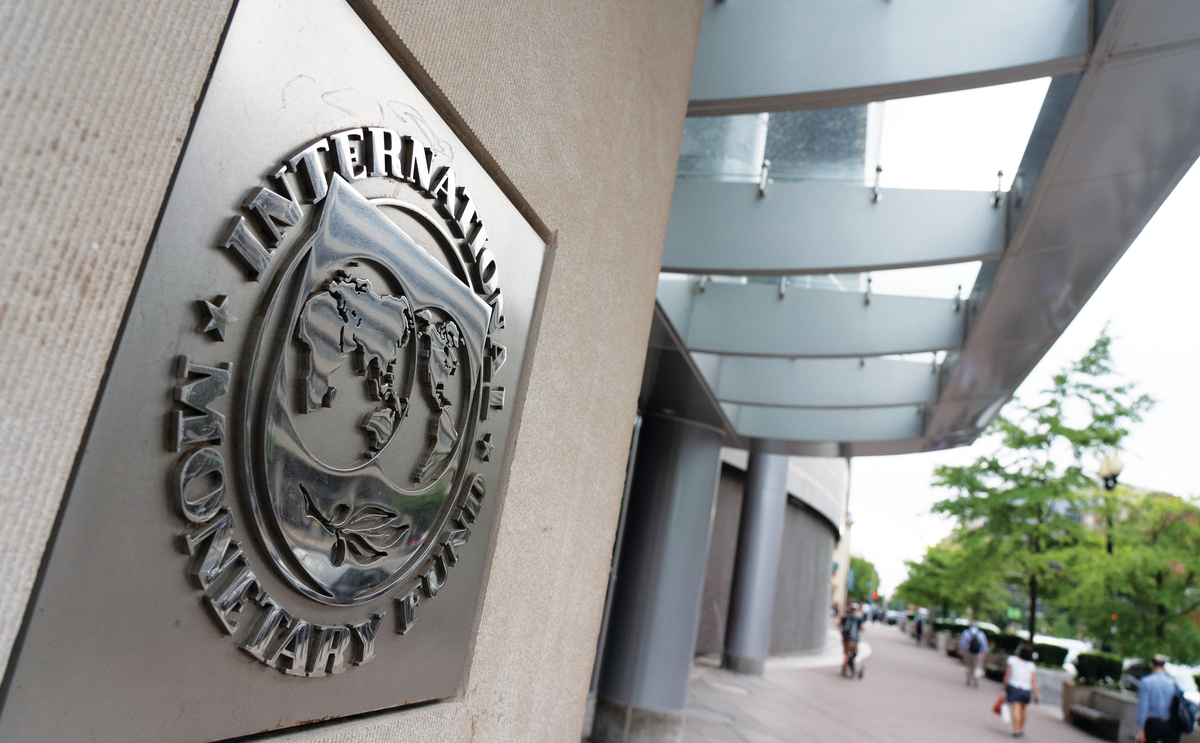Sub-Saharan African economies continue to face significant headwinds on the road to recovery after a difficult 2023, according to a comprehensive report released in October by the International Monetary Fund.
The IMF’s Regional Economic Outlook predicts economic growth in sub-Saharan Africa will fall to just 3.3% this year, down from 4% in 2022. This reversal comes as the region grapples with the ongoing impacts of slowing international demand, higher global interest rates, elevated borrowing spreads, and persistent exchange rate pressures.
But looking ahead, the report forecasts a mild rebound to 4% growth in 2024 as some macroeconomic imbalances improve. Inflation has already peaked and started to drift down in many countries, helped by falling world food and energy prices. Fiscal deficits have gradually narrowed since 2020 as governments consolidate their budgets. Public debt levels have also stabilized after rising sharply during the pandemic.
“Inflation is coming down in over 40% of countries, although rates are still above pre-pandemic levels,” the report states. “For countries where expectations are not well anchored, the longer elevated inflation persists the greater the prospect of spiraling second-round effects.”
Read more: Report: Kenya banks resilient but face rising risks
On exchange rates, the IMF argues countries should allow greater flexibility amid strong fundamental pressures rather than trying to defend currencies. “Efforts to resist fundamentals-based movements also come at a significant cost,” the report says, including disrupted imports, lower growth, and further funding squeezes.
Even with the tentative signs of steadying, the IMF cautions risks remain tipped to the downside. Inflation still sits in double digits in 14 sub-Saharan countries. Debt vulnerabilities are elevated, with over half of low-income countries at high risk of debt distress. And the divergence between resource-intensive and more diversified economies is widening, threatening shared prosperity.
Moreover, recent political instability has underscored the implications of fragility in the region. The report highlights a marked uptick in coups and attempted coups, from just one in the 2010s to 11 since 2020.
Given limited fiscal space across sub-Saharan Africa, the IMF report calls for increased donor support from the international community. It notes the IMF itself has already provided $55 billion in emergency financing since the pandemic began. But the Fund’s ability to sustain high lending levels depends on securing additional resources.
The report concludes that “reforms and funding need to go hand-in-hand” for the region to navigate its rocky recovery and put growth on a more solid footing looking ahead.

















